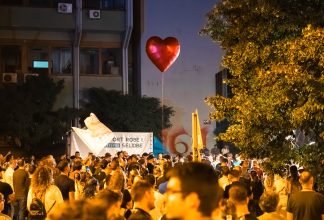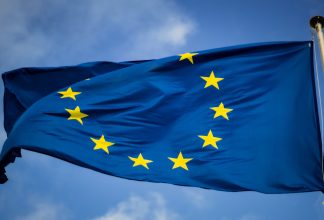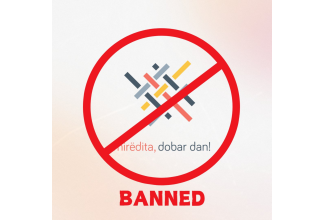Interview: Osman Kavala on his 2000 days in prison
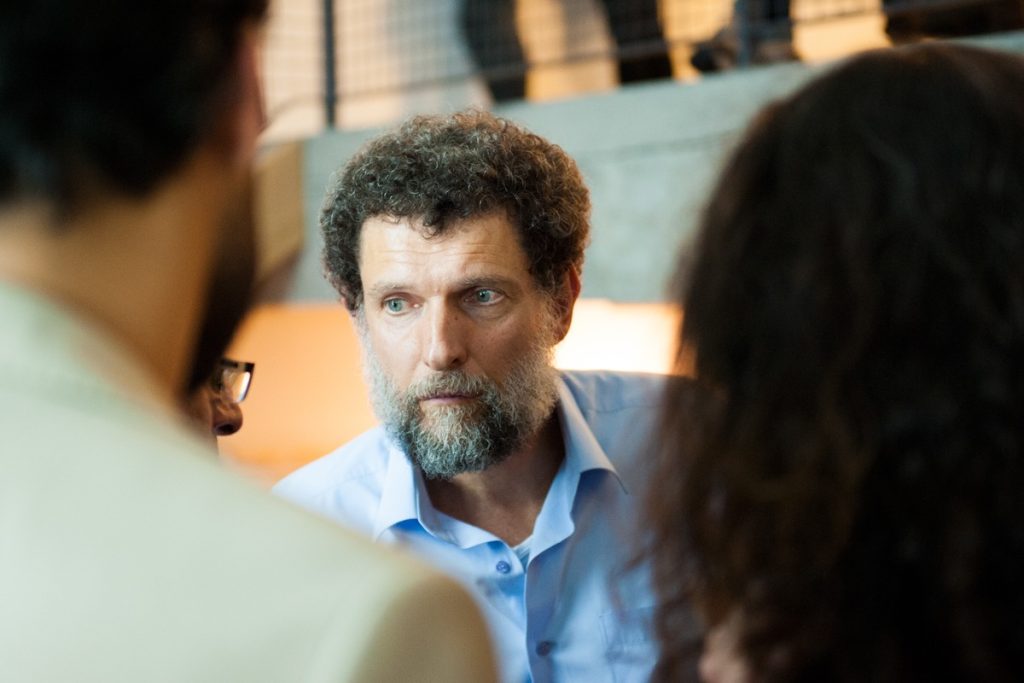
Osman Kavala, philanthropist and one of the most influential activists in Turkey, sentenced to life in prison has now been imprisoned for over 2000 days. Despite condemnation from the international community, Turkish authorities reject the demands to release Osman Kavala. We got the rare opportunity to speak to him – about his unwavering resilience, aspirations, and vision for the future of human rights in Turkey.
Osman Kavala was arrested on 1 November 2017 on the charges of “attempting to overthrow the constitutional order through force and violence”. Later, in 2022, the Turkish Court sentenced him to life imprisonment without parole. However, it was his human rights work and activism that led to the arrest.
Despite the judgement of European Court of Human Rights, which stated that there was no sufficient evidence to support the accusations against Kavala, he is still being held in a high-security Marmara Prison in Istanbul.
It has been more than 2000 days since you were imprisoned. How have you managed to stay resilient during all this time?
I did not feel lonely or isolated. The messages of support I have received from my friends in Turkey and those from abroad, as well as from young people I’ve never met have been a great source of morale for me. Besides, being mindful of the numerous violations affecting others, including the significant number of individuals currently imprisoned in Turkey, helps to prevent becoming overly fixated on your own victimization.
Reading the memories of Nazi camp survivors who managed to maintain their spiritual integrity and never lost hope has also helped.
What has been the response of the international community to your case, and do you feel that enough is being done to advocate for your release?
International Human Rights organizations, and the European Parliament have protested my unlawful detention and demanded my release as per the decision of the European Court of Human Rights. However, the Turkish government has taken a political stance, claiming that foreign powers are organizing a series of assaults to overthrow the government. As a result, the government has adopted a strategy of noncompliance with the European Court’s decision and dismissed demands from the West as acts against national interests and expressions of sovereignty. What has been difficult for me to understand is the passive state of the Council of Europe after the verdict of the life imprisonment and the second judgment of the European Court of Human Rights which had stated that the Turkish government is in violation of the European Convention on Human Rights for not abiding by the Court’s initial decision. What we observe is the undermining of the binding force of the European Court’s decisions and the credibility of the arguments used by the Turkish democrats in defense of the rule of law, warning that noncompliance with the decisions of the European Court may have adverse consequences for Turkey.
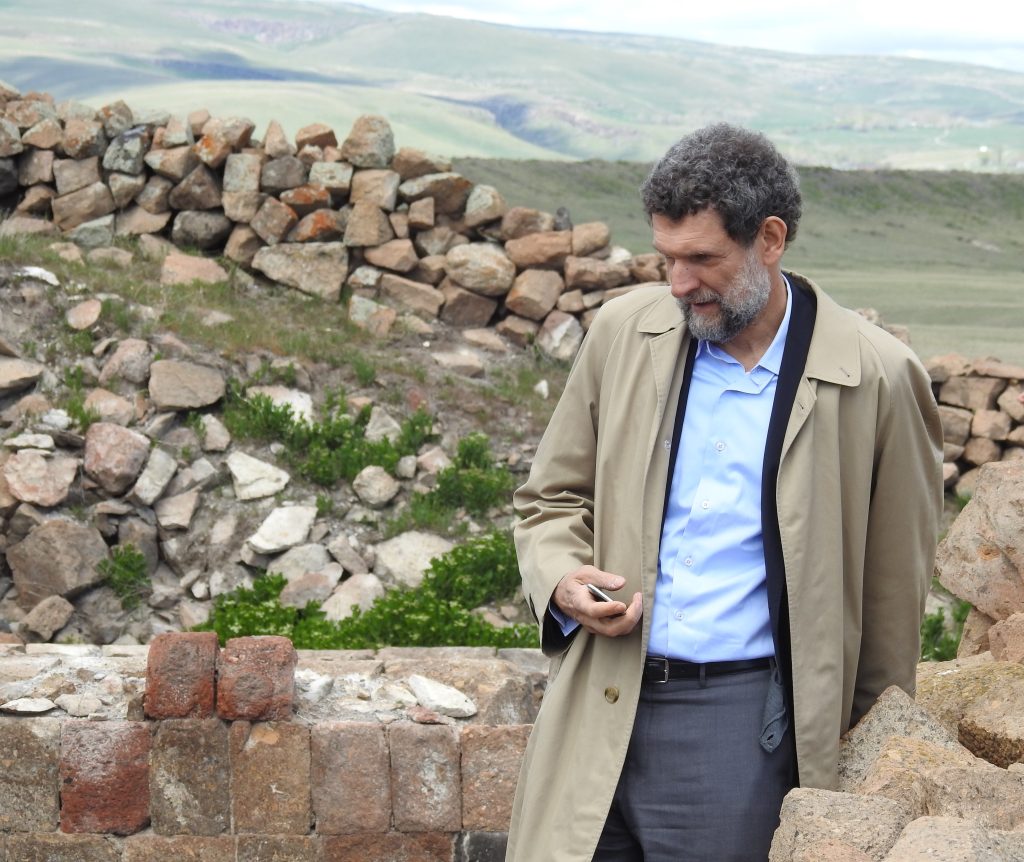
On 14 May, Turkey will hold one of its most important elections in its recent history. What are your expectations regarding the possible outcomes?
I am hopeful. It is promising to see that the six opposition parties from different segments of the political spectrum have prepared a comprehensive document prioritizing the return to the parliamentary regime, protection of civil rights and liberties, and securing the independence of the judiciary which would operate in accordance with universal norms of law. I think it is also very important that Mr. Kemal Kılıcdaroglu, the presidential candidate of the opposition, who is also backed by the pro-Kurdish HDP and socialists, states that, when elected he would address and try to remedy all kinds of injustices committed by the state agencies. I think the people of Turkey would opt for the alternative that would bring democracy and the rule of law to the country, and that the recent earthquake catastrophe, exposing the fatal consequences of the impaired state institutions under the current presidential rule, has further strengthened the popular demand for change.
Looking back on your journey as a civil society activist and philanthropist, what are the most important lessons that you have learned along the way?
I am increasingly convinced that the independence of the judiciary is paramount in maintaining the rule of law and safeguarding civil rights and liberties. Regretfully international law and its implementing institutions are still not sufficiently effective in preventing the suppression of critical voices, and persecution of human rights defenders and political activists in countries under authoritarian rule.
What message would you like to share with those who are defending people’s civil and political rights in your country and in the world?
I believe that, in addition to the work done within our own countries, it is essential to create a cohesive international environment with a heightened level of awareness regarding human rights.
The courageous acts and activities of human rights defenders challenge the consent coerced upon the populations by authoritarian regimes and play a vital role in triggering change and fostering hope that change will occur. I think in order to create a stronger awareness about human rights in the international environment, closer cooperation is needed between national and international civil society organizations. Human rights defenders and human rights organizations could pioneer the creation of a global community which may have a stronger influence on the United Nations, the European Council, the European Union as well as respective governments.
Civil Rights Defenders strongly urge the Turkish government to respect human rights and immediately release Osman Kavala. We call on the international community and civil society organisations to join us in putting additional pressure on the Turkish government to secure Kavala’s release.
